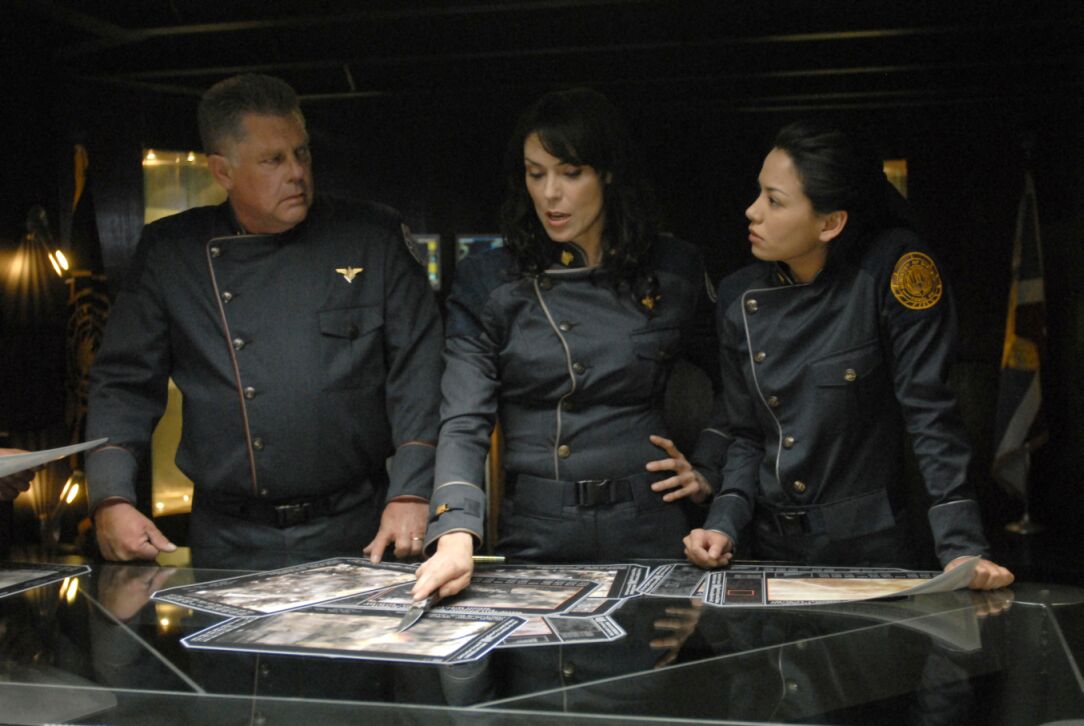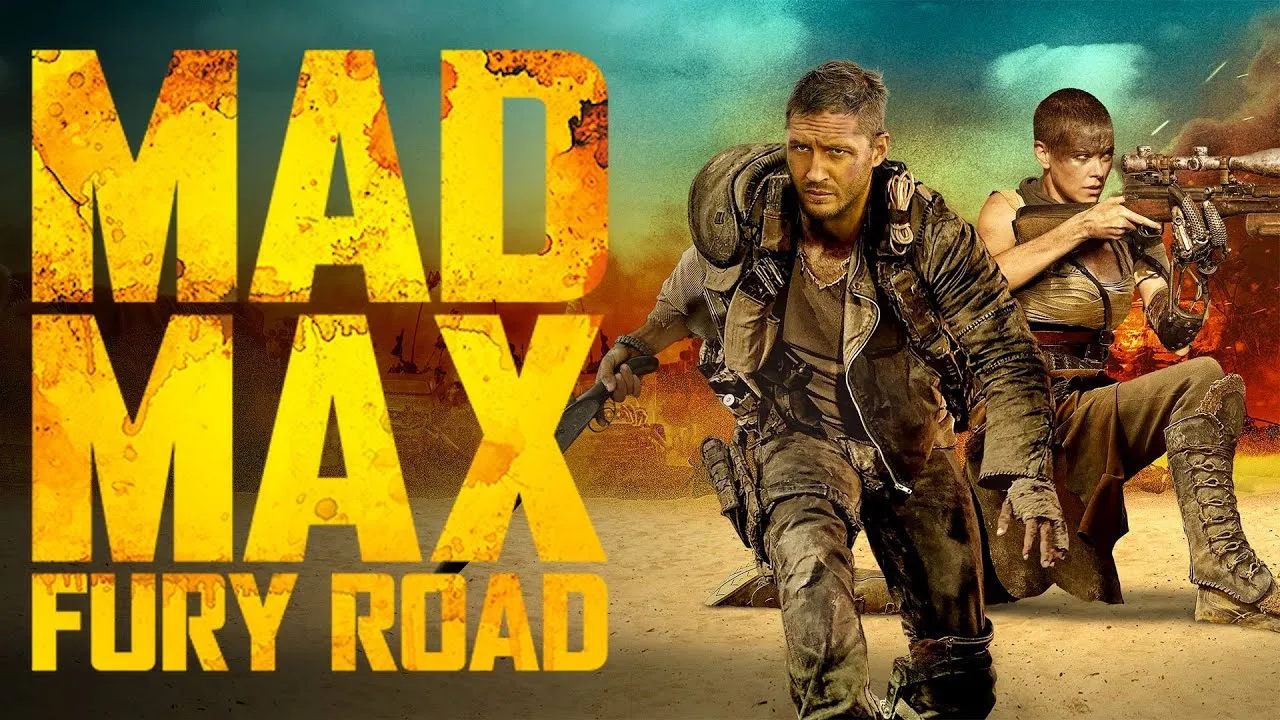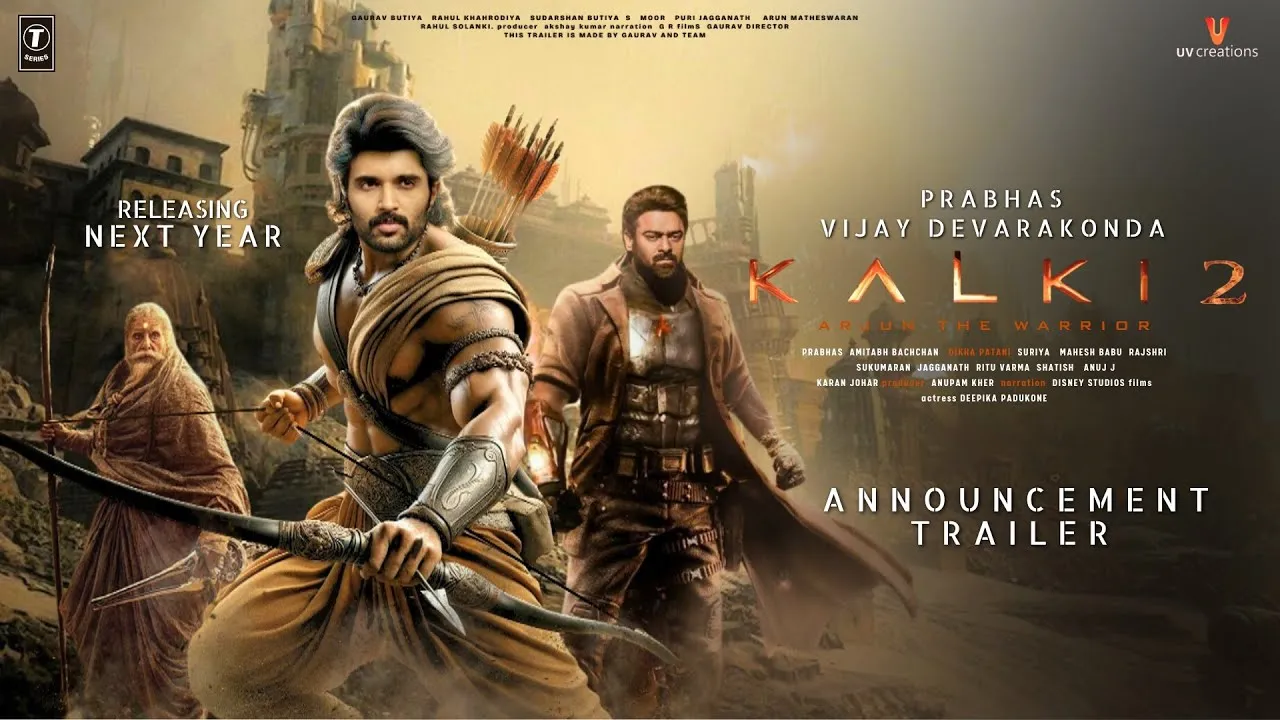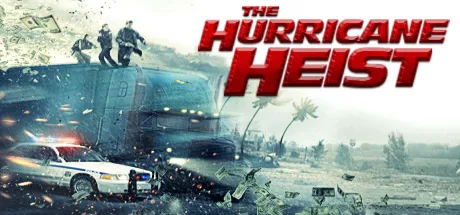She followed orders. She lost herself. Now, she must face the blade she became.
Battlestar Galactica: Razor (2025) is a daring resurrection of the acclaimed 2007 television film, reimagined for a new generation while staying fiercely loyal to the philosophical core of the franchise. In this bold and brooding reboot, the story once again centers on the Battlestar Pegasus, diving into the morally grey decisions made during the early days of the Cylon apocalypse. With sharper visuals, deeper character development, and a darker emotional tone, this version of Razor doesn’t just revisit the past—it carves it open.
At the forefront is Commander Kendra Shaw, now re-envisioned with even more psychological nuance. Played by Thandiwe Newton with a chilling restraint, Shaw is a product of war, shaped by trauma and molded by Admiral Helena Cain’s brutal leadership. Through Shaw’s eyes, we witness the slow descent of the Pegasus crew into a wartime ethic where survival justifies anything—from executions to experiments. But Razor (2025) never gives easy answers. It asks the audience to grapple with the thin, fraying line between soldier and monster.

Director Denis Villeneuve (in a surprise shift from his usual sci-fi epics) brings his trademark atmosphere of existential dread and quiet intensity. Long, tense silences. Stark lighting. Cold metal corridors lit by flickering emergency lights. The aesthetic evokes a submarine thriller in space, emphasizing isolation and paranoia. The Cylon threat feels more menacing than ever—stealthier, more psychological, and unsettlingly human. Flashbacks are used with precision, offering painful glimpses into Cain’s origin story and her descent into ruthlessness.
What elevates this 2025 reboot is its exploration of the cost of command. Cain is no longer just a controversial figure—she’s a cautionary tale of leadership pushed beyond reason. The dynamic between her and Shaw is a slow-burning tragedy: mentorship that borders on indoctrination. Their relationship mirrors the moral infection that war spreads—how the need to protect can mutate into the impulse to dominate.
While the story remains set in the earlier timeline of the BSG universe, it cleverly interlaces with broader themes from the 2004 series: faith versus logic, destiny versus choice, humanity versus survival. Old fans will appreciate the visual callbacks, while newcomers can enjoy a tight, standalone war drama with emotional weight and philosophical bite. Razor (2025) doesn’t glorify sacrifice—it questions whether the sacrifices were ever necessary in the first place.

As the final voiceover echoes over the haunting notes of Bear McCreary’s updated score, Razor leaves one final cut: Are we the heroes of our stories—or just the ones left standing?

-1752572536-q80.webp)

